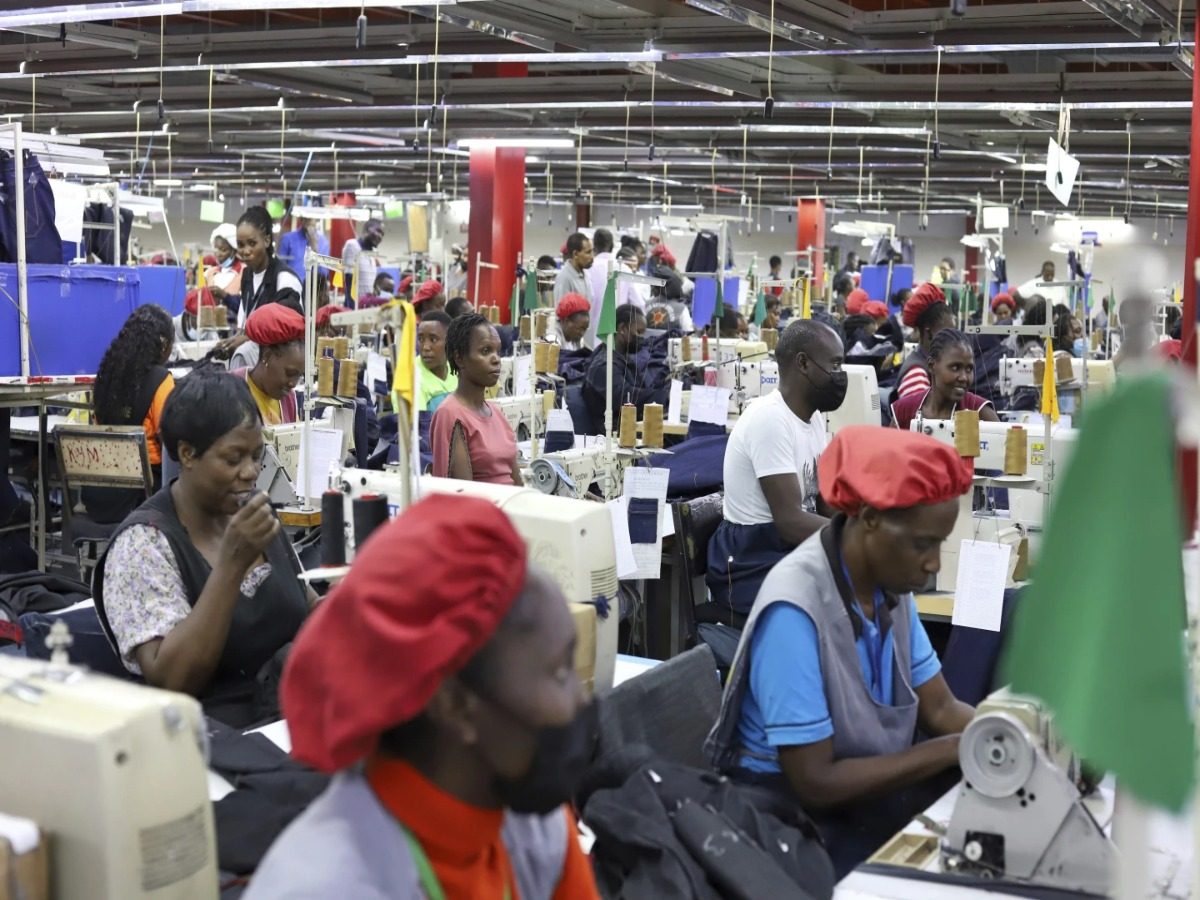South Africa’s top law enforcement official has strongly condemned U.S. President Donald Trump’s portrayal of a viral video shown during a White House meeting, saying it misrepresents a protest memorial and fuels a false narrative of white genocide in the country.
During his Wednesday Oval Office meeting with South African President Cyril Ramaphosa, Trump watched a video featuring an aerial shot of a rural road lined with white crosses. He declared, “Now this is very bad. These are burial sites, right here. Burial sites, over a thousand, of white farmers, and those cars are lined up to pay love on a Sunday morning.”
But according to South Africa’s Police Minister Senzo Mchunu, the crosses were not grave markers. Instead, they were part of a 2020 protest memorial following the murder of a white couple in a farm robbery near Newcastle, KwaZulu-Natal. The crosses, temporarily installed, were intended to honor all farmers, Black and white, who have died in attacks over the years.
“They are not graves. They don’t represent graves,” Mchunu reportedly clarified. “And it was unfortunate that those facts got twisted to fit a false narrative about crime in South Africa.”
Watch a recent episode of The BreakDown podcast below and subscribe to our channel PanaGenius TV for latest episodes.
Mchunu said Trump’s characterization was a blatant distortion: “This ‘genocide story’ is simply untrue. We have respect for the president of the United States. But we have no respect for his genocide story whatsoever.”
Lourens Bosman, a former member of Parliament who participated in the funeral procession where the video was filmed, supported Mchunu’s account. The crosses, he explained, were symbolic tributes to both white and Black farmers and farmworkers killed over a span of 26 years.
Despite Trump’s claim of targeted killings, South Africa’s crime data paints a different picture. Between January and March of this year, over 5,700 homicides occurred nationwide, with just six on farms. Of those, one victim was white, Mchunu said. “In principle, we do not categorize people by race, but in the context of claims of genocide of white people, we need to unpack the killings in this category.”
Yet the Trump administration has stood by its interpretation. White House Press Secretary Karoline Leavitt said the crosses “represent the dead bodies of people who were racially persecuted by their government.”
Trump escalated his accusations with an executive order on February 7, cutting all U.S. financial assistance to South Africa. The order accused President Ramaphosa’s administration of fueling “disproportionate violence against racially disfavored landowners” and “mistreating white Afrikaner farmers,” including land seizures.
The order also charged South Africa with pursuing an anti-American foreign policy, citing the country’s recent legal case against Israel at the International Court of Justice. South Africa accused Israel of genocide in Gaza, a move the Trump administration interpreted as support for Hamas.
The diplomatic row has put a renewed strain on U.S.-South Africa relations. Ramaphosa, hoping to ease tensions and correct what he called Trump’s “misconceptions,” had pushed for this week’s meeting in Washington.
Behind the rhetoric lies a more complex reality. Violent crime remains a major concern in South Africa, but farm murders represent only a fraction of the national toll. While white South Africans who comprise about 7% of the population are statistically better off economically, both white and Black farmers face deadly risks in rural areas.
Mchunu emphasized the need for truth: “Twisting facts to create fear or drive political agendas helps no one — especially not those who have genuinely suffered loss.”
READ ALSO: Trump’s trade shift puts thousands of Kenyan jobs in jeopardy










